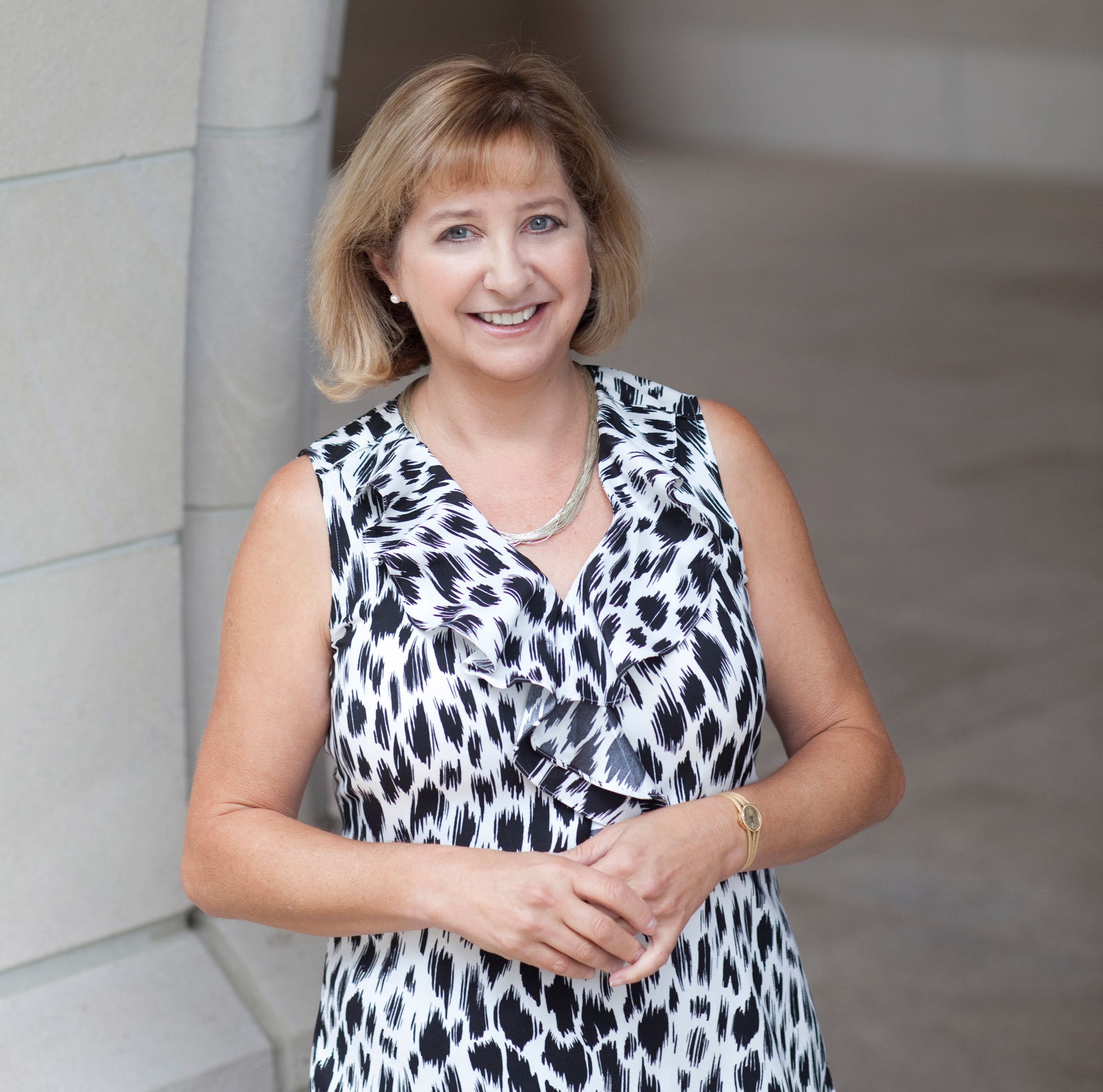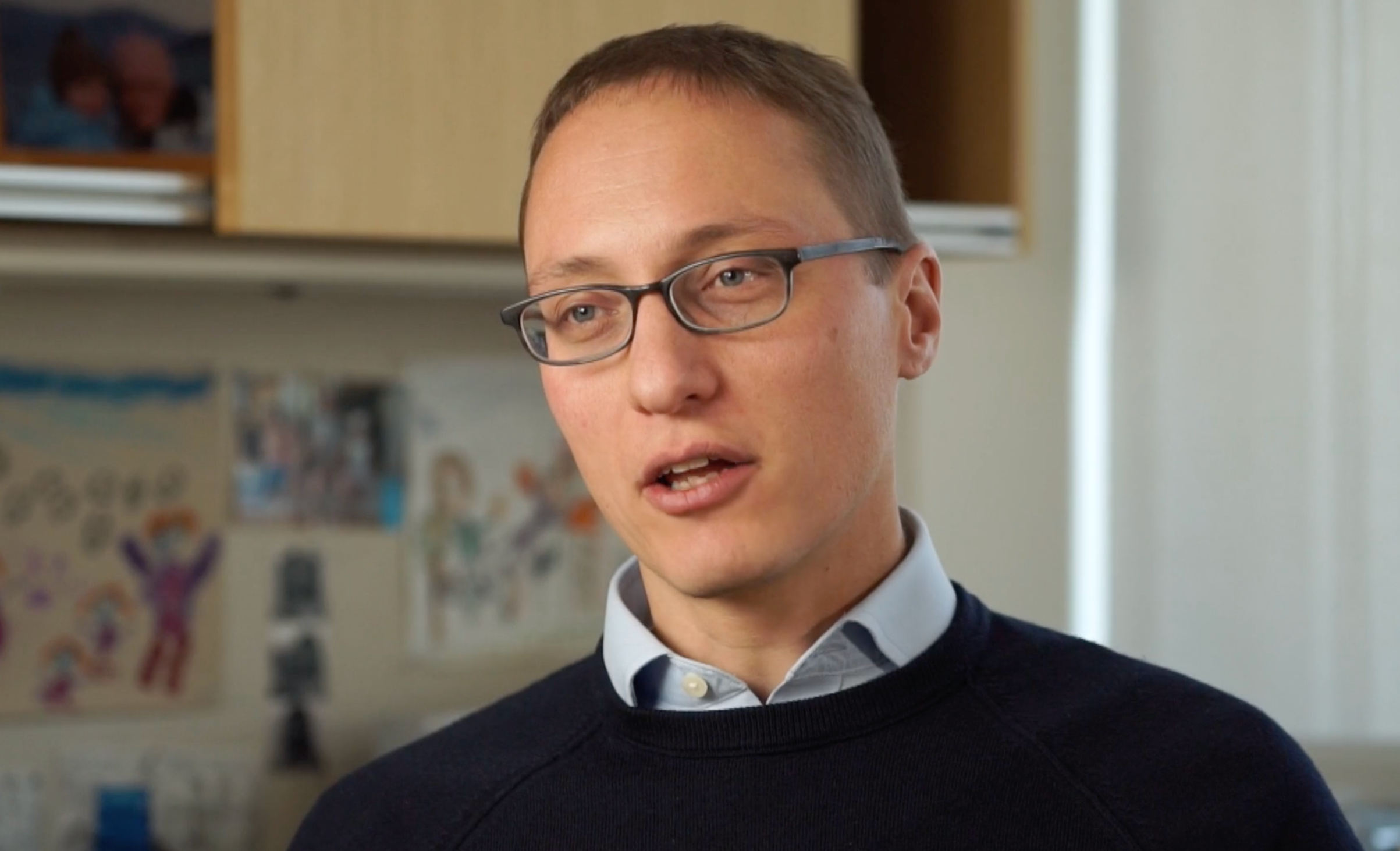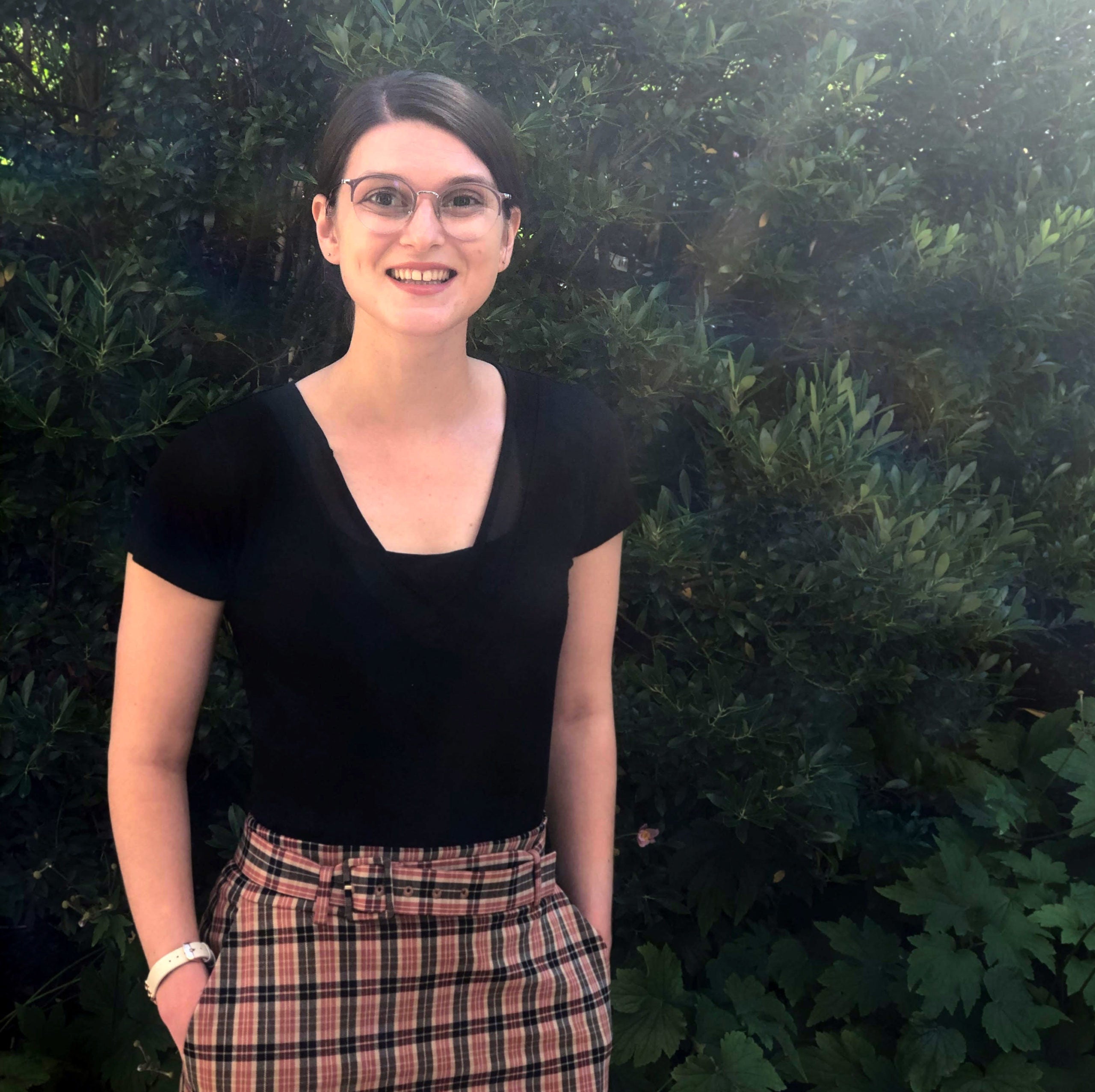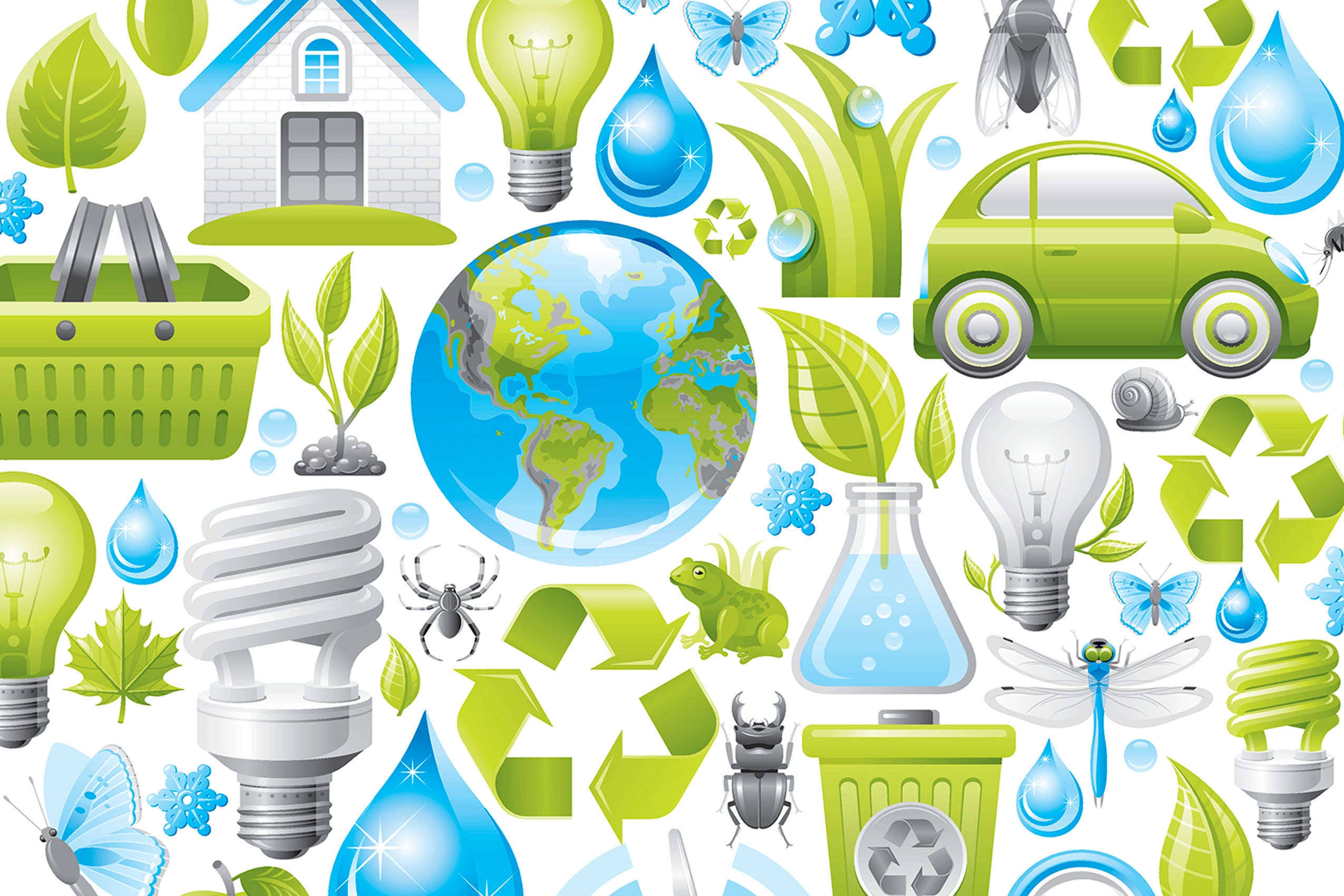Jason Bell ’21 is spending this Earth Day helping fight the Trump administration’s efforts to replace the Clean Power Plan—an Obama-era scheme that sets limits on greenhouse gas emissions from power plants—with the new Affordable Clean Energy rule, which relaxes those restrictions. A student in Harvard Law School’s Emmett Environmental Law & Policy Clinic, Bell is drafting a brief on behalf of a group of economists, climate scientists and the Union of Concerned Scientists to bolster arguments in a related case, American Lung Association v. EPA.
Our work is crucial and overwhelmingly resource-draining. Every day we awake to a new attack on public health and the environment.
Clinical Professor Wendy Jacobs ’81, director of the Emmett Environmental Law & Policy Clinic
“Our purpose is to educate the court about some of the issues that might not be covered in the main briefs,” Bell says. In particular, he says, the current Environmental Protection Agency is reversing its own positions on the urgency of climate change.
“In 2009, they released a document saying that greenhouse gases are a harmful pollutant that must be restricted under the Clean Air Act, and that climate change is a threat to human health and welfare. So, once you’ve said that 10 years ago, how do you say that it isn’t a threat now?” says Bell. “What our brief is saying is that there’s no way to escape that trap. If the EPA’s plan is to do nothing, they at least have to explain why doing nothing is a rational policy choice, given the impacts that are likely to occur.”
Bell’s work is one of the many examples of how students, faculty and staff in the clinic are busy pushing back against the current administration’s attempts to undo environmental regulations approved under former President Barack Obama ’91.

“Our work is crucial and overwhelmingly resource-draining. Every day we awake to a new attack on public health and the environment,” says Clinical Professor Wendy Jacobs ’81, who directs the clinic. Adds Deputy Director and Lecturer on Law Shaun Goho ’01: “Since the earliest days of the Trump administration, the EPA started rolling back environmental rules that were put in place during the Obama era. That’s been a large part of our work ever since.”
The clinic has devoted significant effort to advocating on behalf of scientists and public health experts whose work has been undermined and stifled by the Trump administration’s EPA, Goho says. Whenever a new regulation is proposed, there is an opportunity for public comment.
“I’ve lost track of the number of comment letters we’ve filed in the past three years,” Goho says. “We’ve done them of behalf of scientists at Harvard and other universities, and on behalf of various environmental organizations across the country.” Once the rollbacks get finalized, they’re usually challenged in court, and the clinic follows up with amicus curiae briefs on behalf of the scientists.

Another student, Nanding Chen ’20, is currently working on a brief for the expected litigation to challenge the EPA and the Army Corps of Engineers’ Navigable Waters Protection Rule to limit the scope of jurisdiction under the Clean Water Act. The EPA is also expected to finalize its reconsideration of the foundational cost-benefit analysis for its mercury and air toxics standards for power plants. Over the past four years, the clinic has worked to file briefs and comment letters from scientists at Harvard and other universities (Chen has also worked on one of these), and they will file another brief if this decision gets challenged in court.
Another pending EPA regulation, known as the Transparency in Decision-Making Rule, has even greater potential consequences. As Goho explains, the rule would not allow the EPA to make decisions based on any scientific research unless the raw data was available for public review—thus severely limiting the science from which it can draw. The rule was initially proposed in April 2018, after which the clinic submitted comments, representing Harvard President Lawrence Bacow and a large group of Harvard students and faculty. An amended version of the proposal is now under consideration, giving the clinic a second chance to comment.
“The problem is that it would exclude a lot of data,” says Maria Dambriunas ’20, a student who is helping write the comment letter. “Maybe the data comes from a study that was conducted years ago, and the researchers are no longer available. Or maybe it was conducted confidentially and there would be legal issues around making it public. But if the data shows that the exposure to a chemical pollutant is dangerous at a certain level, and the EPA is no longer able to use that data, that could lead to looser restrictions that would allow for more pollution. A lot of scientists have spoken out against this.”
To the frustration of many environmentalists, the EPA is pushing forward with this proposal in the middle of the COVID-19 pandemic, when many scientists are too occupied to weigh in; the deadline for comments is in mid-May. Says Dambriunas: “During our last group meeting, Shaun told us, ‘We need to keep working because, clearly, the EPA is. And we need to be as focused and dedicated as they are.’”

In addition to fighting back directly, an important part of the clinic’s work involves building resources that can empower communities struggling with the effects of the rollbacks. One such resource is The Citizen Science Manual, a comprehensive how-to for data collection and environmental monitoring projects, meant to empower citizens as scientists and advocates for their own communities. Now available free online, it was prepared by a group of students under the direction of Jacobs, Goho, and Senior Clinical Instructor and Lecturer on Law Aladdine Joroff.
“It helps citizens find information, warns of legal pitfalls within their home states, provides litigation guidance, and helps them prepare for hurricanes and other crises,” says Jacobs. “We also have a monthly call where we accept questions from citizen scientists. The students have a day to answer them, responding as they would in the real world.”
In addition, the clinic prepares materials for municipalities near national landmarks now slated for development by the Trump administration, and for municipalities undertaking their own efforts to reduce emissions.
“Municipalities are really feeling beaten up right now,” Jacobs says. “Once the federal government deprives states of resources, the resource constraints quickly trickle down to the municipal level. We prepare toolkits to help them reduce greenhouse gas emissions and adapt to climate change.”
Jacobs also directs a related effort, the Climate Solutions Living Lab, which draws together graduate students from across Harvard to develop feasible projects that Harvard and others can implement to reduce emissions. The students are presenting their projects via Zoom on Earth Day.
